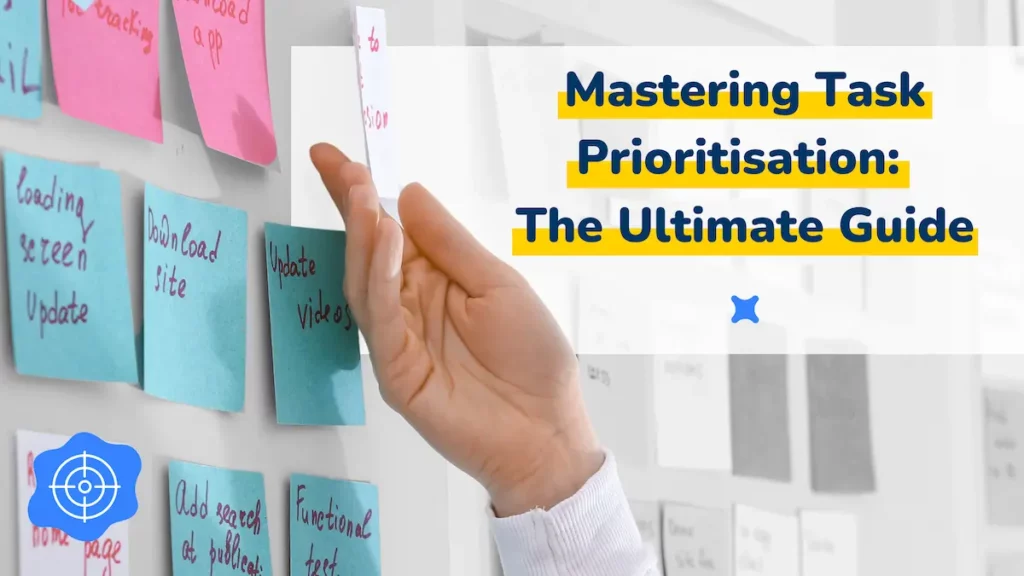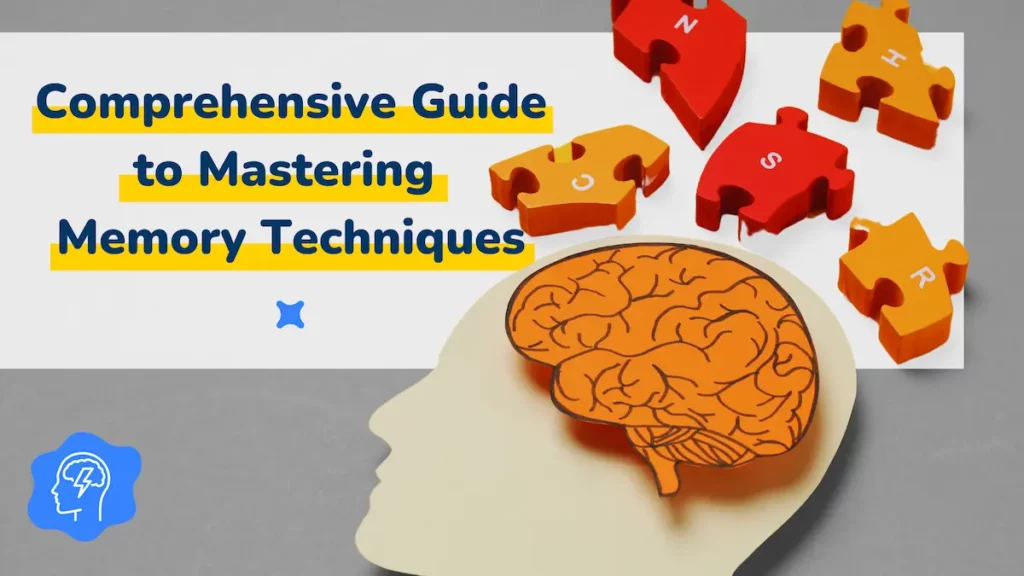Motivation and discipline are two sides of the same coin, essential for achieving any goal. While motivation provides the initial push, mastering discipline ensures you stay on track. However, many people mistakenly believe that motivation is an elusive force beyond their control. In reality, understanding and mastering motivation can transform your approach to discipline and goal achievement.
Understanding Motivation
External vs. Internal Motivation
Motivation can be driven by external factors, such as rewards and recognition, or by internal factors, such as personal growth and satisfaction. External motivation can be powerful, but it is often fleeting. In contrast, internal motivation, which stems from a desire to improve and achieve personal goals, is more sustainable and fulfilling.
The Importance of Self-Motivation
Self-motivation is the key to long-term success. When you are driven by an internal desire to succeed, you are more likely to overcome obstacles and stay committed to your goals. Cultivating self-motivation involves understanding your passions, setting meaningful goals, and developing a positive mindset.
The Role of Self-Efficacy in Motivation
Our sense of self-efficacy, or belief in our ability to succeed in specific situations, profoundly impacts our motivation. When we believe we can achieve a goal, we are more likely to take action and persist through challenges. High self-efficacy boosts confidence and resilience, making us more likely to set ambitious goals and stay motivated to achieve them. Skill development journeys, such as those offered by training companies like inGeniusly, can significantly enhance our self-efficacy. By mastering new skills and witnessing our progress, we build a stronger belief in our capabilities. This increased self-efficacy, in turn, enhances our motivation and discipline, leading to greater success in our personal and professional lives.
Common Killers of Motivation and How to Beat Them
Setting the Wrong Goals
Setting inappropriate goals can significantly impact your motivation. If a goal is too easy, you may procrastinate, while a goal that is too difficult can lead to discouragement. Use the Law of +1 to set goals that are slightly beyond your current capabilities, pushing you to grow without feeling overwhelmed.
Over-Optimism
Over-optimism can lead to underestimating challenges and feeling unprepared. To counter this, create a Motivation Sheet with at least thirty reasons for pursuing your goal, including both positive outcomes and things you wish to avoid. Refer to this sheet when your motivation wanes to reignite your drive.
Relying on Discipline Alone
Even the most disciplined individuals have days when motivation is lacking. Leverage the Law of Leverage by balancing rewards and “good punishments” to maintain motivation. Rewards can be small daily treats or larger incentives for achieving medium-term goals, while good punishments might include paying a fee for incomplete tasks.
DIY Mode
Working alone without deadlines can lead to procrastination. An accountability partner can provide the necessary push to keep you on track. Choose someone strict and objective, ensuring they hold you accountable without excuses.
Expecting Too Much
Overestimating your capabilities can be detrimental to motivation. The Law of Input-Output helps balance daily tasks and maintain motivation. Break down medium-term goals into manageable daily actions, ensuring they are realistic and achievable to foster a sense of accomplishment.
Looking Back
Focusing on past failures can hinder your progress. Embrace a blank page mentality, focusing on the present and future. Believe in your potential and use effective techniques to create a personalised learning method that works for you.
Building a Strong Foundation of Discipline
Establishing Routines
Creating routines helps automate your behaviour, making it easier to stay disciplined. Start with small, manageable changes and gradually build up to more complex routines. Consistency is key to developing a strong foundation which is necessary for mastering discipline.
Developing Healthy Habits
Healthy habits, such as regular exercise, balanced nutrition, and sufficient sleep, enhance your ability to stay disciplined. These habits boost your physical and mental well-being, providing the energy and focus needed to pursue your goals.
Utilising Accountability Partners
Accountability partners play a crucial role in maintaining discipline. They provide support, encouragement, and a sense of responsibility. Choose a partner who is reliable and committed to helping you stay on track.
Strategies to Maintain Long-Term Motivation and Discipline
Goal Setting and Tracking Progress
Set clear, achievable goals and track your progress regularly. Use tools like journals, apps, or spreadsheets to monitor your achievements and stay motivated. Celebrate small milestones to maintain a sense of progress and accomplishment.
Balancing Rewards and Punishments
Implement a system of rewards and punishments to maintain motivation. Rewards can be personal treats or experiences, while punishments should be constructive, such as a small penalty for missed deadlines. This balance helps reinforce positive behaviour and discourage procrastination.
Embracing Flexibility and Adaptation
Mastering discipline and motivation requires you to apply flexibility. Be prepared to adapt your strategies and goals as needed. Life is unpredictable, and being able to adjust to changes will help you stay on track without becoming discouraged.
Reflecting on Progress and Continuous Improvement
Regular Self-Assessment
Regular self-assessment helps identify areas for improvement. Reflect on your progress weekly or monthly, assessing what worked well and what didn’t. This practice fosters a growth mindset and encourages continuous improvement.
Adjusting Strategies
Based on your self-assessment, adjust your strategies to better align with your goals. This might involve changing your approach, setting new goals, or seeking additional support. Flexibility and adaptability are key to maintaining long-term motivation and discipline.
Learning from Successes and Failures
Both successes and failures provide valuable learning opportunities. Celebrate your successes and analyze your failures to understand what went wrong and how you can improve. This mindset of learning and growth will keep you motivated and disciplined over time.
Mastering motivation and discipline is an ongoing journey that requires dedication, self-awareness, and adaptability. By understanding the difference between external and internal motivation, avoiding common pitfalls, building a strong foundation of discipline, and continuously reflecting on and adjusting your strategies, you can unlock your full potential and achieve your goals. Embrace these techniques and watch as your motivation soars, your discipline strengthens, and your dreams become attainable realities.
FAQs
What is the difference between external and internal motivation?
External motivation is driven by external factors such as rewards or recognition, while internal motivation stems from personal desires and goals. Internal motivation is generally more sustainable and fulfilling.
How can I maintain motivation over the long term?
Maintain long-term motivation by setting clear goals, creating a motivation sheet, balancing rewards and punishments, and regularly reflecting on your progress to make necessary adjustments.
Why is discipline important in achieving goals?
Discipline ensures consistency and commitment to your goals. It helps you stay on track, even when motivation wanes, by establishing routines and habits that support your objectives.
How can I develop a strong foundation of discipline?
Develop a strong foundation of discipline by establishing routines, cultivating healthy habits, and utilising accountability partners to provide support and motivation.
What are some strategies to overcome common motivation killers?
Overcome common motivation killers by setting appropriate goals, creating a motivation sheet, leveraging rewards and punishments, working with accountability partners, managing expectations, and focusing on the present and future rather than past failures.
How often should I reflect on my progress?
Reflect on your progress regularly, such as weekly or monthly, to identify areas for improvement, celebrate successes, and adjust your strategies for better alignment with your goals.








